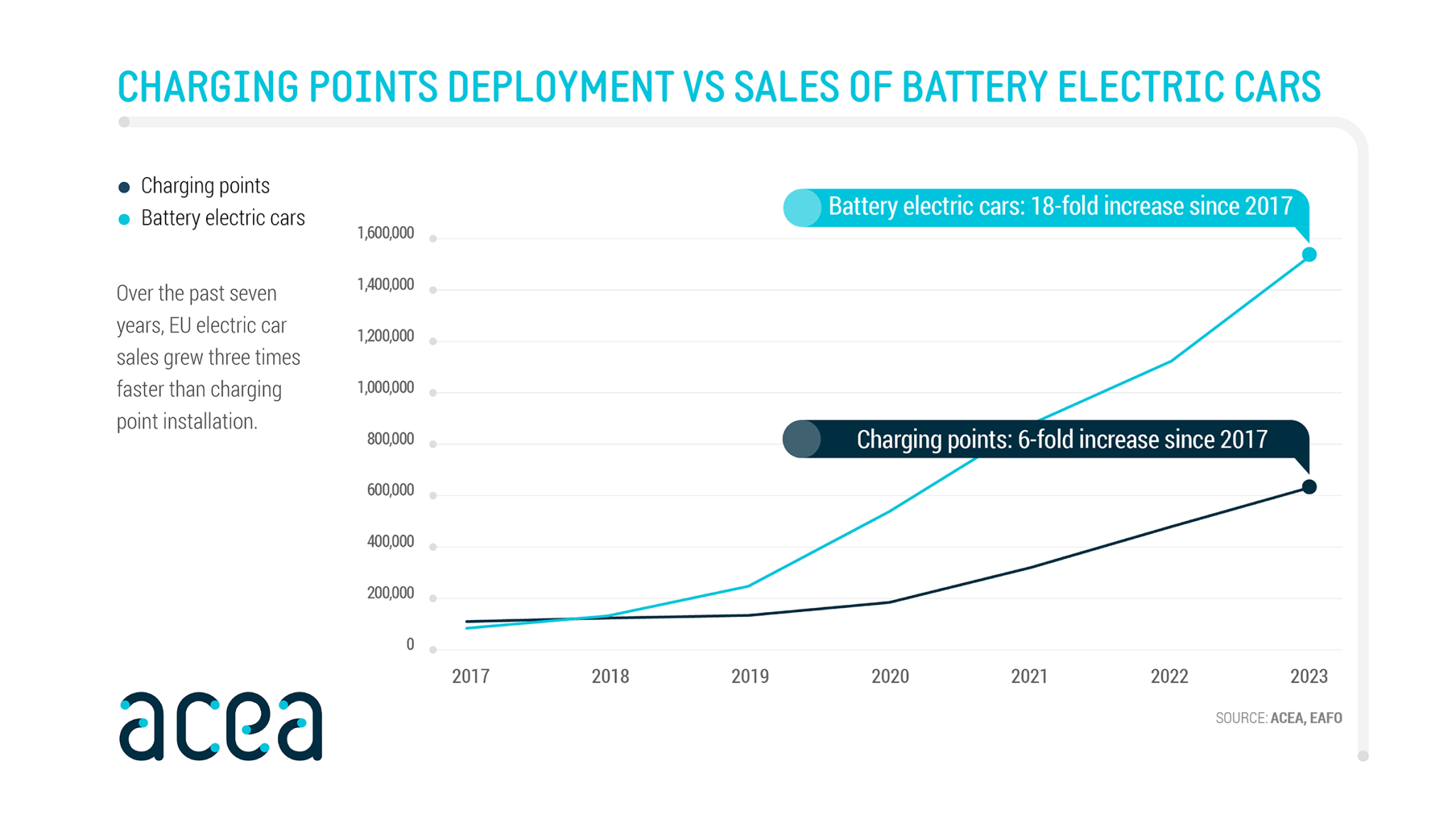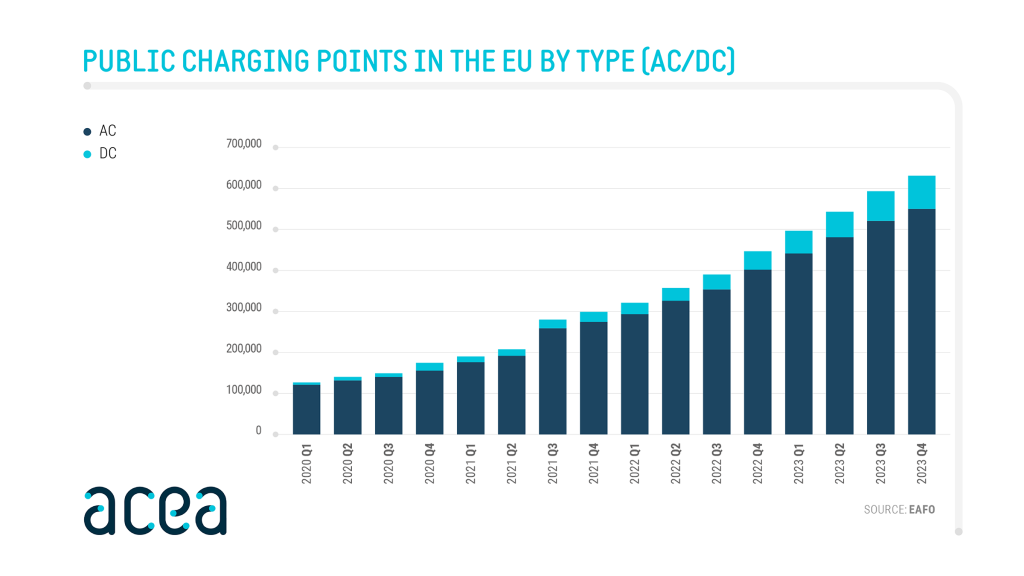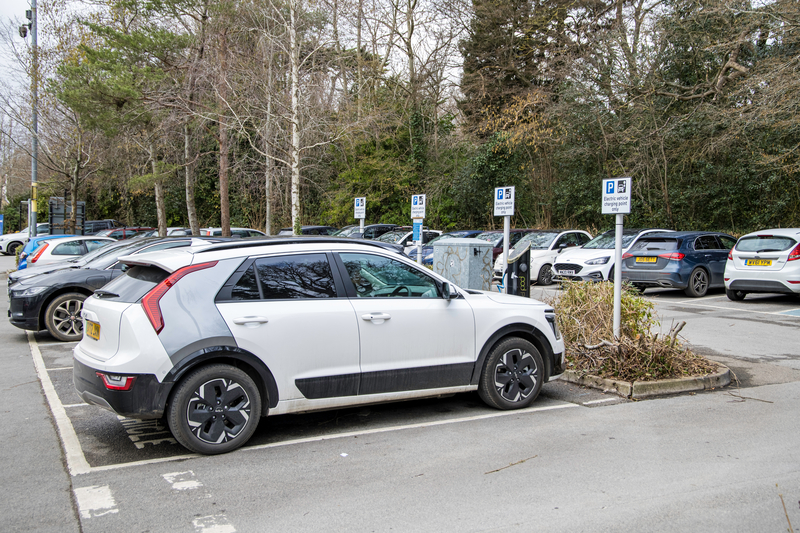
The paper - sponsored by European Automobile Manufacturers’ Association (ACEA) - finds that transport poverty affects households and businesses when adequate transport is not available, accessible, or affordable, constraining mobility and harming the economy.
The SMF says transport poverty affects households and businesses when adequate transport is not available, accessible, or affordable, constraining their mobility and harming the economy.
EVs can decrease transport poverty in many countries in the EU as they already cost less than internal combustion engines over a vehicle’s lifetime in most member states.
Public chargepoint deployment rates are lower than what ACEA research claims is needed by 2030, impeding EV take-up, with Eastern EU member states being more vulnerable to transport poverty.
The SMF paper makes four main recommendations for improving the situation:
- Interventions by the public sector are necessary to spark private sector chargepoint investments in the EU areas with high transport poverty.
- Norway funds EV infrastructure through investments that pay themselves off within 3 years, at which point chargepoints become revenue generators.
- France introduced EV leasing subsidies for households and businesses in areas with transport poverty which increase chargepoint profitability.
- Regulations that protect residents’ “right to plug” are a cost-effective way to increase the appeal of EVs for those who do not own their home.
The ACEA says wider uptake of zero-emission vehicles can offer opportunities to decrease transport poverty as their lifetime costs are typically less than the internal combustion engines in many EU member states, despite their higher upfront costs.
It adds that manufacturers are doing their utmost to drive down the costs of EVs, despite a complex and costly manufacturing framework in Europe. Today, there are over 370 models of EVs on the market, 16 of which are available for less than €30,000 – with many more low-cost models in the pipeline.
However, the slower-than-needed installation of public charging points does not match the pace of EV uptake, undermining progress on tackling transport poverty. In fact, 1.2 million public charging points are needed for cars and vans annually until 2030 – today that figure stands at just over 210,000 annually.
The funding under the EU’s flagship Social Climate Fund provides opportunity for member states to increase ambitions, and tackle transport poverty as part of national action plans. Installation of charging points is one of the measures that member states should include in their social climate plans implementing the Social Climate Fund. The ACEA says that public authorities must focus more on incentivising charging infrastructure deployment and expanding government schemes that make EVs more accessible and available. As the SMF paper identifies, social leasing schemes can be part of the solution, helping to alleviate upfront costs of EVs.
However, the ACEA says it is crucial to recognise that social leasing schemes are not a panacea. Their impact and efficiency should not be overestimated, as they represent just one piece of the puzzle. A broader, more comprehensive strategy is needed to create a robust market for zero-emission vehicles. This strategy should include a mix of incentives, infrastructure development, and measures to ensure a holistic approach to promoting sustainable mobility.
The SMF paper, which represents the collective input of various societal stakeholders, can be consulted here: https://www.smf.co.uk/publications/decreasing-transport-poverty-in-europe-through-public-ev-chargepoints/












